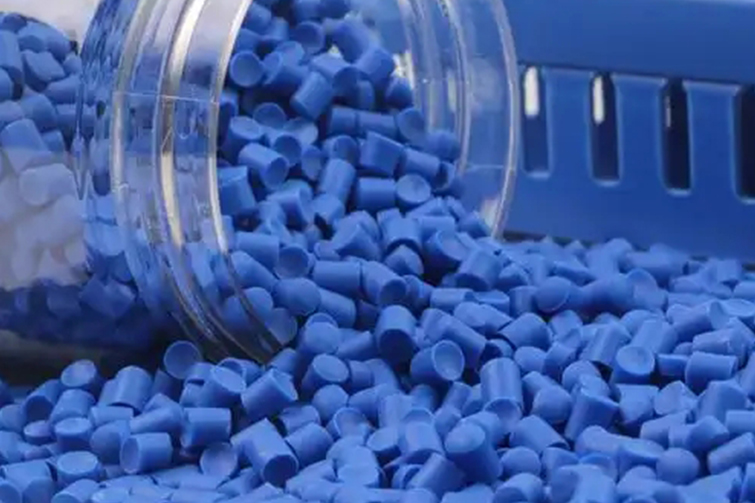

What Are Refrigerator Door Seals Made Of?
Refrigerator door seals, also known as gaskets, play a critical role in maintaining the efficiency of a fridge by creating an airtight seal that keeps cold air inside. These seals are made from specific materials designed to withstand constant use, temperature fluctuations, and exposure to moisture. Understanding their composition can help you appreciate their functionality and durability.
Common Materials Used in Refrigerator Seals
1. PVC (Polyvinyl Chloride)
PVC is the most commonly used material for refrigerator seals due to its flexibility and durability.
- Properties:
- Applications:
2. Magnet-Embedded Rubber
Many refrigerator gaskets contain magnets to ensure the door remains tightly closed.
- Structure:
- Advantages:
3. EPDM (Ethylene Propylene Diene Monomer)
EPDM is another material sometimes used for refrigerator seals, especially in industrial or high-performance applications.
- Properties:
- Applications:
4. Foam Inserts
To improve insulation, some refrigerator gaskets include foam cores.
- Structure:
- Benefits:
Why These Materials Are Used
The materials chosen for refrigerator door seals must meet specific requirements:
- Flexibility: To accommodate repeated opening and closing of the door.
- Durability: To resist wear and tear over time.
- Moisture Resistance: To prevent mold or mildew buildup.
- Insulation: To maintain the cold temperature inside the fridge and reduce energy usage.
Maintenance and Care
Understanding the materials used in refrigerator seals can also guide proper maintenance:
- Cleaning: Use mild soap and water to clean PVC or rubber seals to avoid damage.
- Inspection: Regularly check for cracks or wear, especially in magnetic strips, to ensure optimal performance.
- Replacement: If the seal is significantly worn, replace it with a compatible gasket made of similar materials.
Conclusion
Refrigerator door seals are typically made of PVC, magnetic rubber, or EPDM, often with foam cores for added insulation. These materials are chosen for their flexibility, durability, and insulating properties, ensuring the refrigerator operates efficiently. Proper care and understanding of these materials can extend the life of the seals and enhance the overall performance of your appliance.






